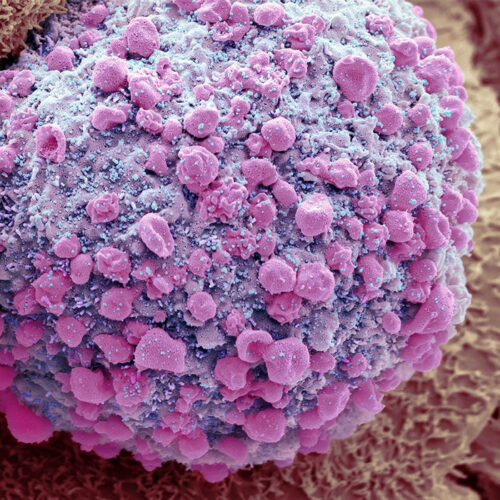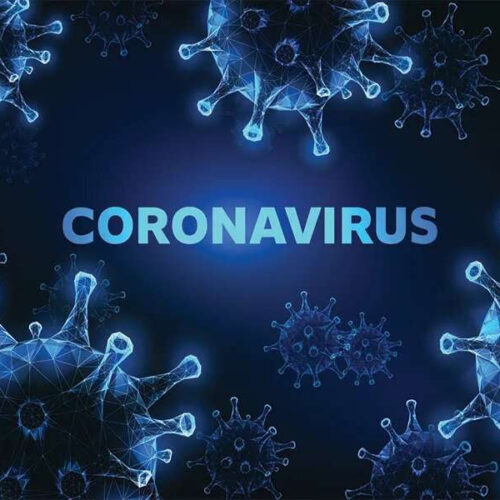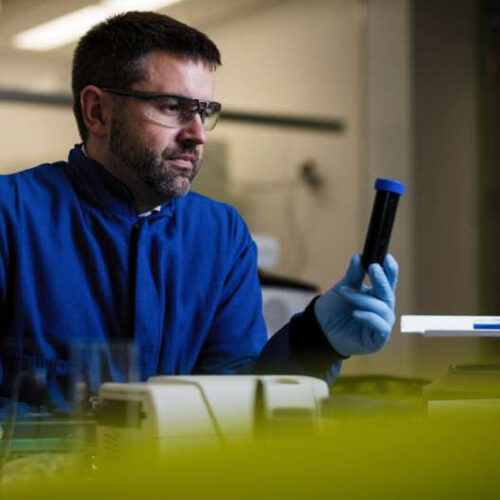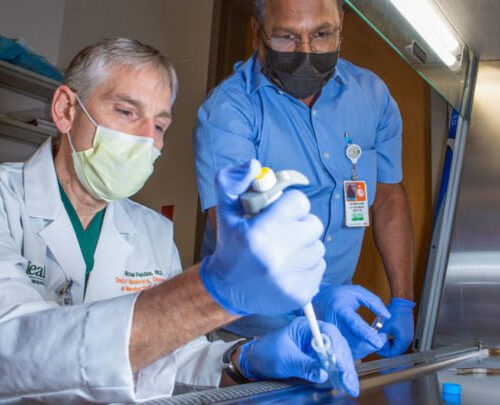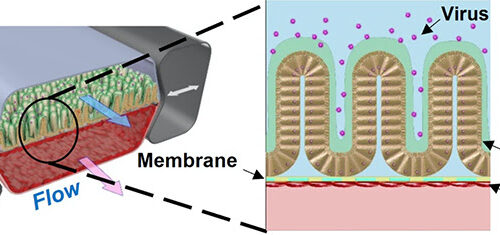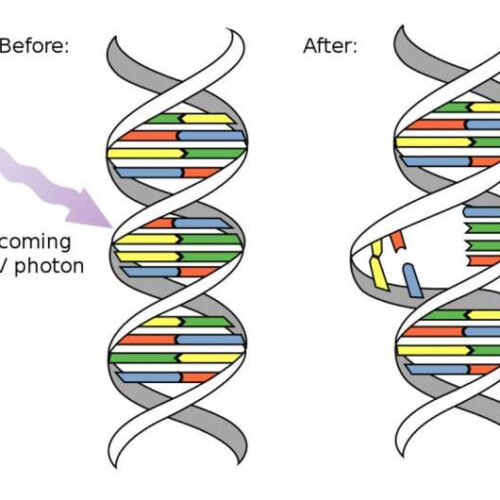Heidi Ledford Particles of SARS-CoV-2 (blue; artificially coloured) bud from a dying intestinal cell.Credit: Steve Gschmeissner/SPL In the chaos of the first months of the coronavirus pandemic, oncologist and geneticist Ami Bhatt was intrigued by widespread reports of vomiting and diarrhoea in people infected with SARS-CoV-2. “At that time, this was thought to be a...
Tag: <span>Coronavirus</span>
Coronavirus found in human feces up to 7 months after infection
by Dennis Thompson COVID-19 is mainly known as a respiratory ailment, but a new study suggests the coronavirus can infect your intestinal tract for weeks and months after you’ve cleared the bug from your lungs. In the study about 1 out of 7 COVID patients continued to shed the virus’ genetic remnants in their feces...
Study finds direct effects of the coronavirus on long-term symptoms
by Hôpitaux Universitaires de Genève Graphical abstract. Credit: Journal of Internal Medicine (2022). DOI: 10.1111/joim.13482 Post-COVID illness is characterized by persistent symptoms of COVID-19 at least three months after an infection by SARS-CoV-2. Faced with the great diversity of symptoms and the emerging knowledge on the subject matter, the scientific and medical communities wish to better understand...
Immunological Memory Provides Long-Term Protection against Coronavirus
Exposure to SARS-CoV-2 by infection or vaccination generates immune cells that provide long-term immunity. These long-lived memory T cells play a key role in preventing severe cases of Covid-19. Researchers at the University of Zurich have now discovered how these memory T cells form. Many questions about how exposure to SARS-CoV-2 by infection or immunization...
Do viruses such as the coronavirus become less deadly?
by Eva Botkin-Kowacki, Northeastern University Jared Auclair, associate teaching professor of chemistry and chemical biology at Northeastern, head of the Biopharmaceutical Analysis Training Lab, and the university’s COVID-19 testing facility, the Life Sciences Testing Center in Burlington, Massachusetts. Credit: Adam Glanzman/Northeastern University Variants of the coronavirus have come to represent the ultimate danger: A curveball in...
Researchers develop a ‘net’ to prevent the coronavirus from entering cells
Two University of Miami researchers have uncovered a novel treatment that could stop COVID-19 in its tracks and help those suffering from the disease to recover. A therapeutic called Spikenet, created by Miller School of Medicine obstetrician gynecologist Dr. Michael Paidas and assistant research professor Arumugam Jayakumar, works by blocking the novel coronavirus from entering...
Study finds coronavirus lurks and lingers in nursing home patients’ rooms
by University of Michigan Credit: CC0 Public Domain Even though most COVID-19 cases come from exposure to airborne coronavirus, a new study points to the importance of surfaces as a reservoir of risk in nursing homes—especially certain objects close to the beds of patients who have COVID-19. The study finds that 90% of current COVID patients’...
Chip for Investigation of Coronavirus Intestinal Infection
NOVEMBER 10TH, 2021 CONN HASTINGS At Harvard’s Wyss Institute researchers used an intestine-on-a-chip to study the way a coronavirus infects the intestines, and the influence of various drugs and immune cells on this process. The intestine chip revealed that remdesivir, a drug that received FDA emergency use authorization for COVID-19 treatment, actually damaged the intestinal...
Type of ultraviolet light most effective at killing coronavirus is also the safest to use around people
by Karl Linden, The Conversation When UV light enters a cell, it breaks the bonds that hold DNA or RNA together. Credit: NASA/David Herring via WikimediaCommons Scientists have long known that ultraviolet light can kill pathogens on surfaces and in air and water. UV robots are used to disinfect empty hospital rooms, buses and trains; UV bulbs in HVAC...
What is the ‘delta plus’ variant of the coronavirus?
by Maria Cheng What is the “delta plus” variant? Credit: AP Illustration/Peter Hamlin What is the “delta plus” variant? It’s a relative of the delta variant, identified by British scientists last month. Because it isn’t a variant of interest or concern, it has not yet been officially named after a letter of the Greek alphabet,...

